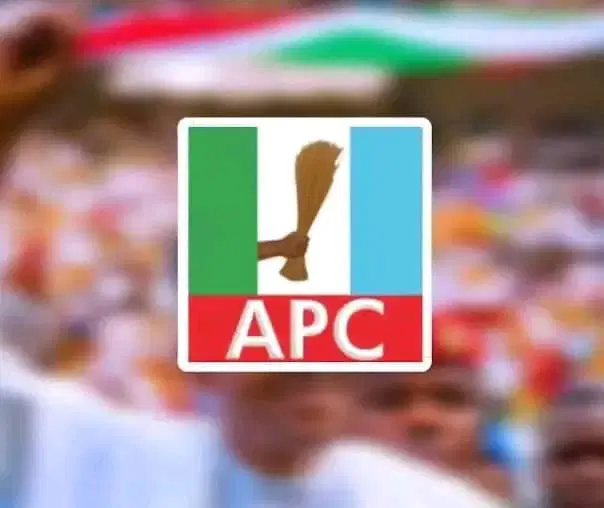Five Former Lagos Lawmakers Denied APC Chairmanship Tickets…Five former members of the Lagos State House of Assembly have been denied chairmanship tickets by the All Progressives Congress (APC) ahead of the upcoming local government elections scheduled for July 12, 2025.
The decision has sparked widespread discussion within political circles and ignited tensions within the ruling party’s Lagos chapter.
The former lawmakers, whose names are yet to be officially released by the party leadership, were among the top contenders in their respective local government areas. Having once held legislative power and significant political influence, many had expected them to clinch the APC’s endorsement with little opposition. However, their exclusion has come as a shock to both supporters and observers familiar with Lagos State politics.
According to party insiders, the move to deny these former lawmakers the tickets stems from internal strategic decisions made by the party hierarchy. These decisions, sources say, were heavily influenced by ongoing power alignments within the party, especially between influential factions competing for control of local party structures ahead of the 2027 general elections.
The APC in Lagos has a long-standing tradition of strong internal party discipline, but recent events suggest increasing frictions among key stakeholders. Party leaders have remained largely silent on the details surrounding the exclusion, but there are indications that loyalty tests, zoning arrangements, and behind-the-scenes negotiations played a crucial role in determining who emerged as candidates.
Several grassroots supporters of the affected aspirants have voiced their displeasure, arguing that experienced politicians should not be discarded so easily, especially when local governments require tested hands for effective governance. They contend that the experience and political networks of former lawmakers could have given the party an advantage in what is expected to be a competitive election season.
One APC ward leader from one of the affected councils, speaking on condition of anonymity, said the denial of tickets was not about popularity or performance, but about “internal party agreements” and “balancing the interests of all stakeholders.” He added that some of the former lawmakers may have been perceived as not aligning with current party leadership at the state level.
READ MORE: World Bank, Federal Government at Odds Over 2025 Budget Assumptions…
Some of the excluded former legislators are reportedly considering legal or intra-party appeals to challenge their disqualification. While they have not publicly declared their next steps, sources close to them say consultations are ongoing. Some are also reportedly under pressure from their supporters to defect to other parties or run as independent candidates.
Political analysts suggest that the situation underscores the APC’s delicate balancing act between maintaining party unity and enforcing discipline among its members. Denying tickets to prominent figures without clear explanations risks alienating segments of the party’s base, especially at a time when the opposition is looking to capitalize on any signs of weakness or division.
Despite the controversy, the APC has proceeded with preparations for its local government campaigns, unveiling its approved list of candidates in key councils. The party’s state secretariat has emphasized the need for cohesion and urged all members to support the chosen candidates in order to ensure victory in all 57 local government and local council development areas.
Observers believe how the party handles the grievances arising from the ticket denials could influence voter turnout and internal party loyalty during the elections. If unresolved, the backlash could lead to silent protests, reduced campaign enthusiasm, or even electoral losses in key areas once considered APC strongholds.
With election day fast approaching, attention remains fixed on how the party reconciles with aggrieved members and whether the ex-lawmakers will accept the outcome or take alternative political paths. Whatever the result, the unfolding drama reflects the increasingly competitive and complex nature of grassroots politics in Lagos.




